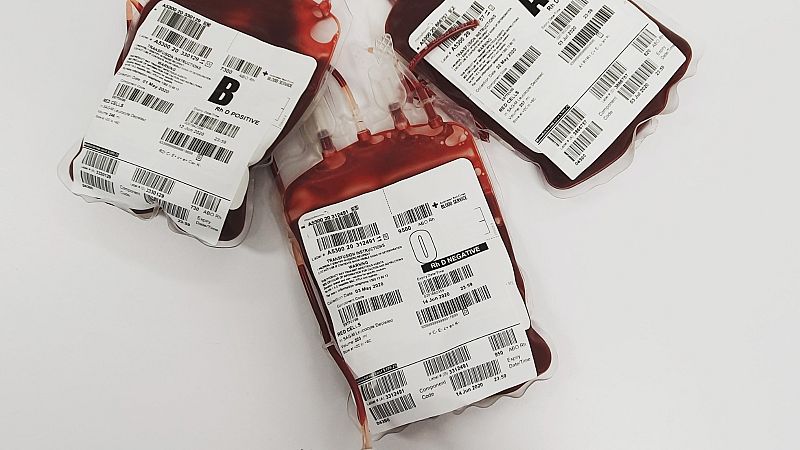
Climate change might impact the supply and demand chain when it comes to blood transfusions, a new study has found.
Researchers from Red Cross Lifeblood and the University of the Sunshine Coast (UniSC) in Australia believe that blood-borne diseases as well as natural disasters are likely to disturb current patterns.
"As well as limiting the mobility of large numbers of people, these events disrupt the storage, safety, and transportation of blood which has a short shelf life," Dr Elvina Viennet, one of the researchers behind the study, said in a statement.
Every year, 25 million blood units are transfused in Europe. They are needed for treatments of patients undergoing surgery, premature babies, victims of accidents, and patients living with chronic conditions.
“Climate change may impact some infectious diseases that can be transmitted via blood and can prevent people from donating,” Viennet added, mentioning the potential intensification of mosquito-borne diseases such as Dengue Fever, West Nile Virus, and Malaria due to increased rainfall and warmer temperatures.
Warming temperatures are making cases of these diseases more common in Europe, most notably dengue.
Impact of extreme weather
Other conditions linked to climate change, such as "extreme weather, including high temperatures, cold exposure, and other climate fluctuations," could also narrow the pool of potential blood donors, according to the study published in The Lancet Planetary Health on Thursday.
These climatic changes can impact haemoglobin concentration, red blood cell counts, and blood pressure.
"We could see new diseases emerge, and other health issues such as blood pressure and hydration, exacerbated by heat, as well as psychological distress and ‘climate anxiety’ impact donors," said Helen Faddy, an associate professor at UniSC and the study’s lead author.
"At the same time, shifts in disease prevalence and natural disaster frequency could increase the demand for blood transfusions due to conditions such as pregnancy complications, cardiovascular disease, and sickle cell disease," she added.
In the study, researchers suggested potential mitigation strategies such as flexible and mobile blood centres, cell salvage - a form of autotransfusion - and international collaboration.
"With rising sea levels increasing migration rates, it’s essential to have more blood donors from a variety of ethnic backgrounds, and to increase the number of people who give blood," Faddy said.







